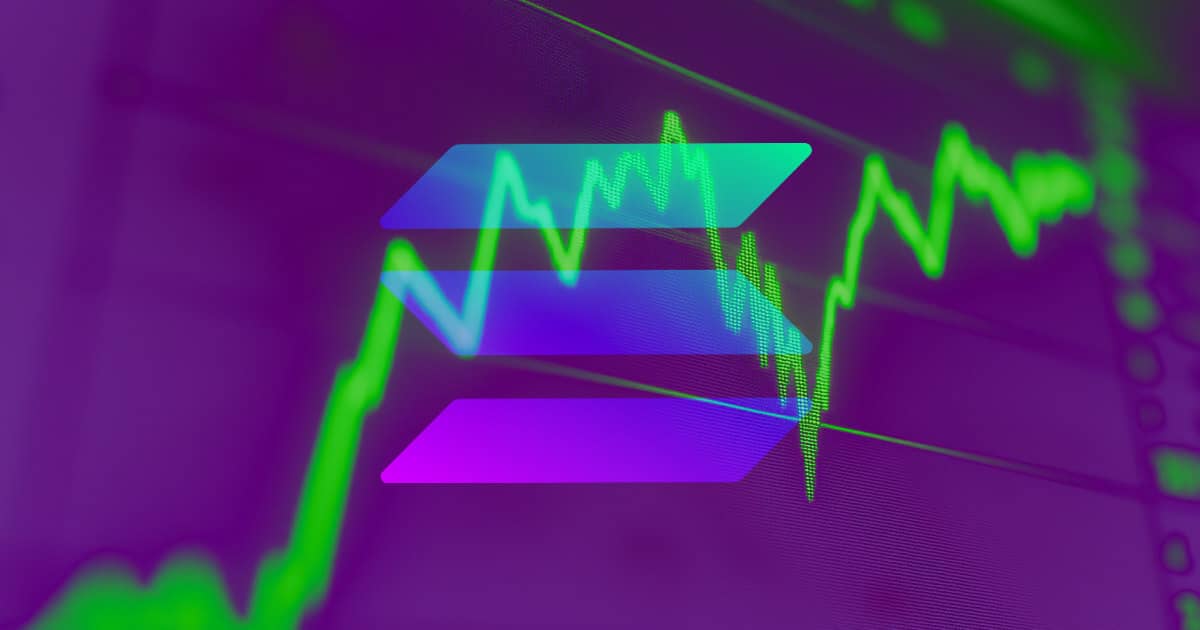A Review of Over 600 Cryptocurrencies
South Korea’s financial authorities are embarking on a significant endeavour a detailed review of approximately 600 cryptocurrencies listed on local exchanges.
This initiative, driven by the new Virtual Asset User Protection Act, aims to enhance compliance, reliability, and security across the crypto market.
Review Process Replacing Individual Assessment
The primary objective is to ensure that all listed cryptocurrencies meet the stringent new standards. The current system, where exchanges individually assess and list tokens, will be replaced by
“a unified, transparent review process”.
Recent reports indicate that the South Korean government has finalized a best practice plan for virtual asset transaction support. This plan introduces rigorous requirements for listing cryptocurrencies on domestic exchanges, supplementing the internal reviews currently conducted by exchanges.
Regular Reviews and Stringent Criteria
- Review Frequency:
Exchanges will conduct a comprehensive review of each virtual asset every six months, followed by subsequent reviews every three months.
- Suspension of Support:
Assets failing to meet the standards will face suspension of transaction support.
Key Screening Criteria: Nine critical criteria are under discussion:
- Suitability for Listing: Verifying whether the cryptocurrency is suitable for listing.
- Issuer Reliability: Scrutinizing issuers’ information disclosure practices and verifying circulation.
- User Protection Mechanisms: Ensuring an on-chain explorer can track white papers and blockchain activity.
- Technology Security Levels: Assessing the robustness of technology safeguards.
- Compliance with Domestic Laws and Regulations: Ensuring adherence to legal requirements.
Ensuring Issuer Reliability and User Protection
- Issuer Verification:
Authorities will examine issuers’ reliability by checking their information disclosure practices and verifying the cryptocurrency’s circulation.
- User Protection:
Ensuring that an on-chain explorer can track white papers and blockchain activity.
- No Hacking Incident
Cryptocurrencies must have no history of hacking incidents.
- Smart Contract Source Codes:
Issuers must disclose their smart contract source codes.
- Exclusions:
Coins and tokens issued directly by exchanges, those concealing transaction history, and cryptocurrencies violating current laws will not be listed.
Qualitative and Quantitative Screening
- Additional Qualitative Screening:
Authorities are considering subjective and descriptive questions alongside multiple-choice queries.
- Beyond Formal Requirements:
Meeting formal criteria alone won’t guarantee a listing.
- Comprehensive Disclosure:
Issuers must demonstrate comprehensive disclosure, a reasonable issuance and circulation plan, and a credible business history.
- Challenging Listings:
Even if a cryptocurrency meets formal criteria, authorities may challenge its listing based on qualitative factors.
- Exceptions:
Assets traded without issues for over two years on well-regulated overseas exchanges may receive exceptions.
Impact on South Korea's Crypto Market
South Korea boasts 29 domestic crypto exchanges, including Upbit, which ranks 13th globally in trading volume according to CoinGecko. However, the new regulations could significantly impact the local crypto market.
With altcoins accounting for over 60% of trading volume, these measures might lead to a substantial reduction in the local market.
Coins with low trading volumes and poor disclosure practices are likely to be delisted first.
A Commitment to a Secure Crypto Ecosystem
South Korea’s decision reflects a broader effort to tighten crypto regulations and ensure compliance with new standards. The Virtual Asset User Protection Act, effective July 19, focuses on issuer reliability, security, and regulatory compliance.
Regular reviews will enforce these standards, possibly leading to the delisting of non-compliant cryptocurrencies. These rules aim to protect users and improve market transparency and security.
















